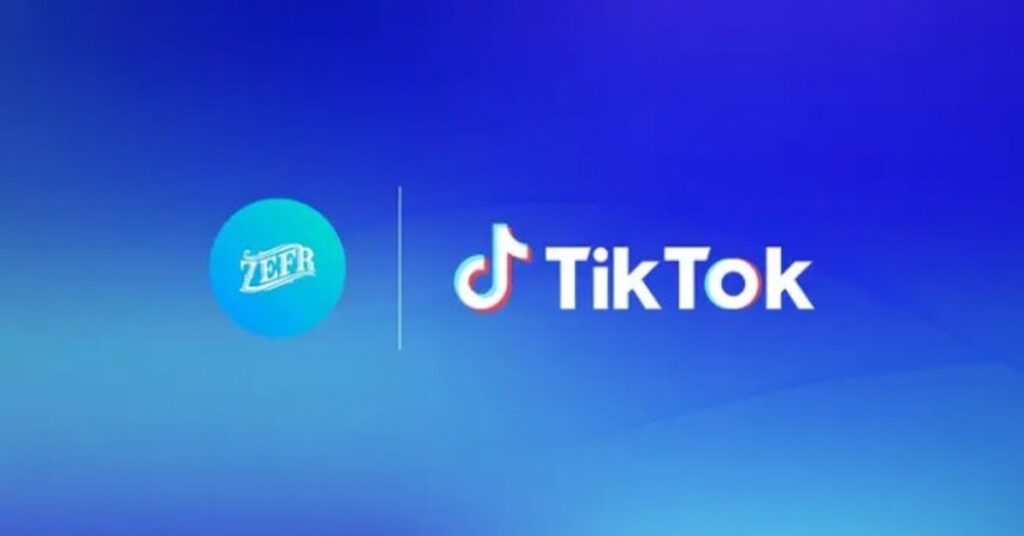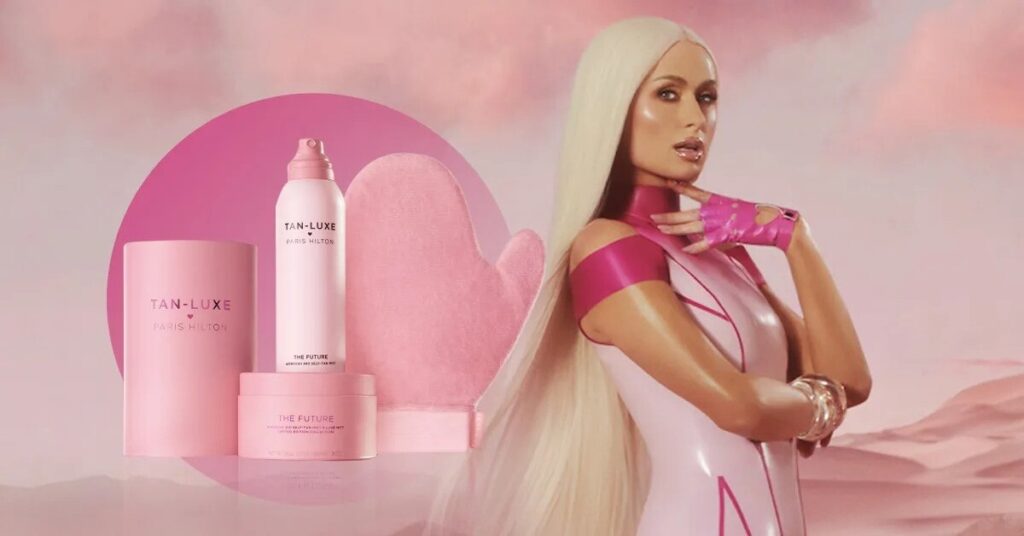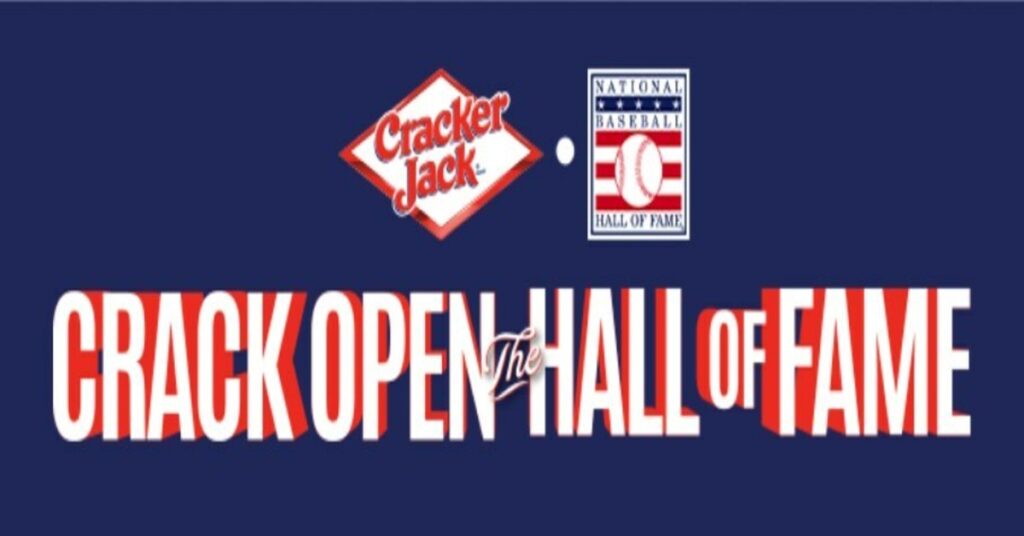The advertising and marketing landscape is constantly evolving, with advancements in technology reshaping the way brands engage with consumers. One such revolutionary innovation that has garnered significant attention is ChatGPT, a cutting-edge language model developed by OpenAI.
In this article, we will look into ChatGPT a game-changer in the advertising and marketing industry. We will explore the latest examples and insights that highlight the potential of ChatGPT in transforming the way businesses communicate, engage, and market to their audiences.
ChatGPT, powered by the powerful GPT-3.5 architecture, has the ability to generate human-like text responses. This capability opens up a plethora of opportunities for advertisers and marketers to create personalized and engaging content that resonates with their target audience. The language model can assist in crafting compelling ad copies, writing blog posts, responding to customer queries, and even developing entire marketing campaigns.

Personalized Customer Interactions
One of the significant advantages of ChatGPT is its ability to enhance customer interactions. Brands can integrate ChatGPT into their websites or messaging platforms to provide real-time responses to customer inquiries. This not only streamlines customer support but also ensures consistent and accurate responses, leading to improved customer satisfaction.
For instance, clothing retailer “FashionForward” implemented ChatGPT on their website to assist shoppers in finding the perfect outfit. By asking a few questions about the occasion, style preferences, and body type, ChatGPT generates tailored recommendations that mimic the experience of having a personal stylist. This approach not only increased user engagement but also boosted conversion rates.
Sid McGrath, chief strategy officer at Wunderman Thompson, believes ChatGPT serves up the obvious. This tool can be used to identify the clichés, the well-trodden paths, and the average. “ChatGPT represents the bar that we always have to better, in client briefs, in our thinking, in our insights, in the idea that creatives develop and the work we present.”
Content Ideation
Content creation is a cornerstone of modern marketing strategies, and ChatGPT is becoming a valuable tool in this aspect as well. Marketers can use ChatGPT to brainstorm ideas for blog posts, social media captions, and even video scripts. The model’s ability to generate coherent and contextually relevant text helps marketers overcome creative blocks and produce engaging content more efficiently.
Take the example of a travel agency, “Wanderlust Expeditions,” which utilized ChatGPT to generate travel itineraries. By inputting details such as destination, duration, and traveler preferences, the agency quickly creates detailed and captivating travel plans. This not only saves time but also ensures that the content speaks directly to the traveler’s interests.
Matt Holt, chief strategy officer at Digitas UK, said they have seen some brilliant applications so far, from enlisting AI to summarize research findings, to using it to bring to life personas to building out contact strategies. “We already have many established use cases for AI up and running via our Digitas AI Lab. One of them is a natural language intelligence product we’ve built which analyzes customer experience data, such as reviews and comments, and can detect emotions. We’re them able to use their learnings to identify opportunities across the customer journey.”
Data Analysis
In the realm of data analysis, ChatGPT can assist marketers in making sense of complex trends and insights. By feeding the model with data sets, marketers can obtain valuable textual summaries that provide a narrative around the numbers. This aids in easier communication of data-driven insights to clients and stakeholders.

For instance, a digital marketing agency “DataDriven Insights” employed ChatGPT to create comprehensible reports for their clients. The model takes raw analytics data and transforms it into insightful narratives, simplifying the understanding of key performance indicators and campaign effectiveness.
Creative Campaigns
Creativity is at the heart of successful advertising campaigns. ChatGPT’s ability to understand the context and generate creative content opens doors to innovative marketing strategies. Brands can leverage the model to develop interactive storytelling experiences, immersive chat-based games, and virtual brand mascots that engage users on a whole new level.
A beverage company “QuenchCo” launched an interactive social media campaign where users engaged with a virtual bartender powered by ChatGPT. Users could describe their moods and preferences, and the bartender provided drink recommendations along with witty conversation. This not only promoted the brand’s products but also created a memorable and shareable experience for users.
In a rapidly evolving digital landscape, tools like ChatGPT are proving to be transformative for the advertising and marketing industry. With its natural language generation capabilities, ChatGPT enhances personalized customer interactions, streamlines content creation, simplifies data analysis, and fosters creativity in campaigns. As more brands embrace the power of AI-driven language models, it’s clear that ChatGPT is indeed a game-changer, reshaping the way businesses connect with their audience and driving innovation across the advertising and marketing spectrum.
Also Read: How Hip-Hop Culture Has Transformed Brand Marketing, Reshaped the Way Brands Think



